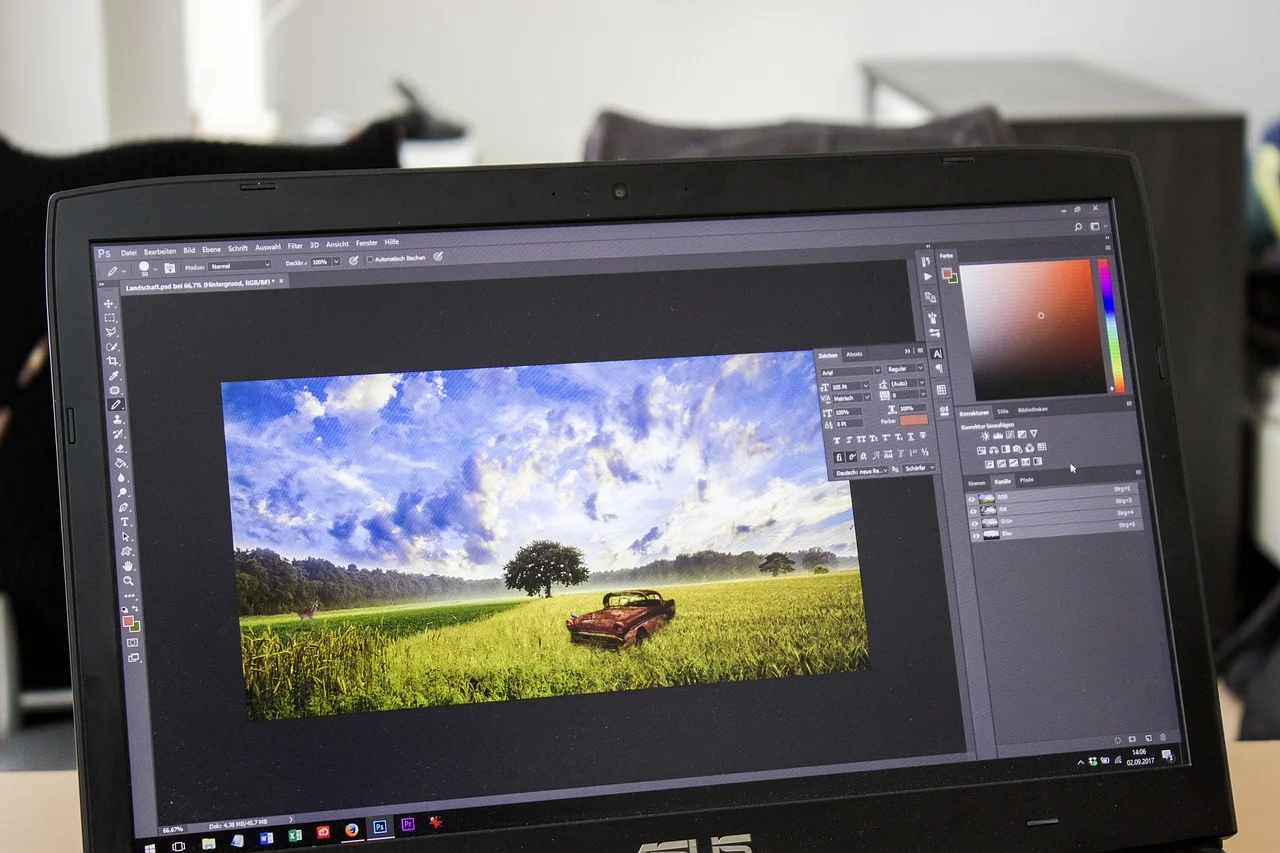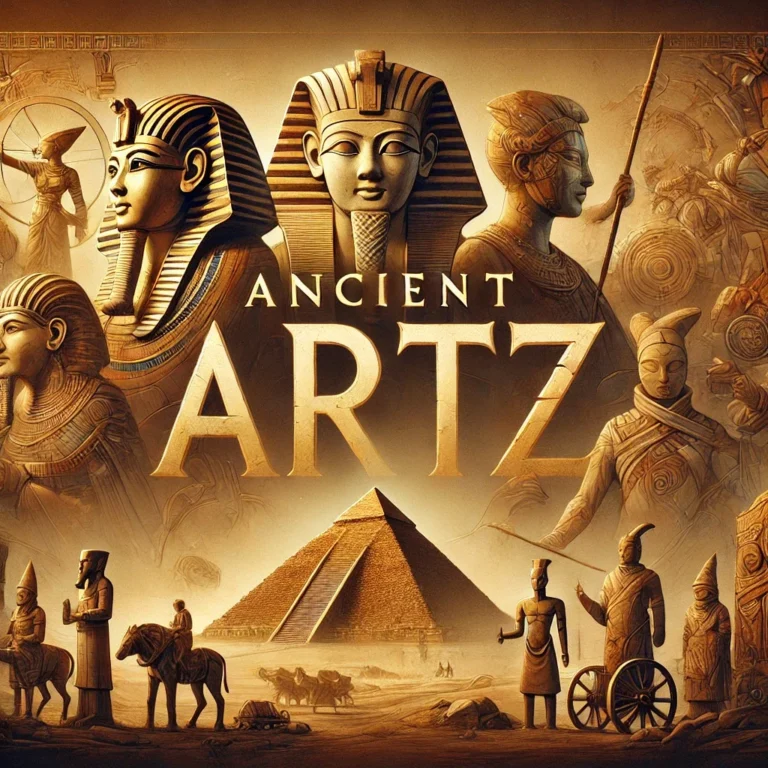How Do Copyright Concerns Affect the Use of AI for Image Expansion and Filler Solutions?
As AI technology advances, tools like the AI image extender have become increasingly popular for expanding and enhancing images. These tools, such as Adobe Photoshop’s Generative Expand, offer designers and content creators remarkable capabilities. However, the growing use of AI in image editing brings important copyright concerns. Understanding how these concerns affect the use of AI for image expansion and filler solutions is essential for anyone working in digital media. This article explores the key copyright issues when using AI-driven image tools.
1. The Role of AI in Image Creation and Copyright

AI tools, including AI image extenders, have transformed the way images are created and manipulated. However, using AI to generate new content or modify existing images raises complex questions about copyright ownership.
- Ownership of AI-Generated Content: One of the main challenges is determining who owns the copyright to images created or altered by AI. Traditionally, copyright is granted to the creator of a work, but when AI is involved, the lines become blurred.
- Authorship Issues: If AI is used to significantly modify an image, it may be unclear whether the original creator retains full copyright or if the AI-generated portions should be treated as a new creation.
Adobe states, “Extending an image is easy with Generative Expand in Photoshop. Just click and drag beyond the borders of your image to create a bigger background, increase your aspect ratio, and more.”
2. Using AI Tools on Copyrighted Images
When using an AI image expansion tool on images protected by copyright, it’s essential to be aware of the legal implications. Modifying copyrighted images without proper authorization can lead to legal disputes.
- Permission and Licensing: Before using AI tools to extend or modify a copyrighted image, ensure you have the necessary permissions or licenses. This applies whether you use the image for commercial purposes or personal projects.
- Fair Use Considerations: In some cases, AI tool modifications may fall under the doctrine of fair use. However, this is a complex area of law, and it’s important to understand the specific criteria for fair use in your jurisdiction.
3. The Ethical Use of AI in Image Editing
Beyond legal considerations, ethical concerns are related to using AI for image expansion and filler solutions. These concerns often revolve around the potential for AI to create misleading or deceptive content.
- Transparency in AI-Generated Edits: When AI is used to significantly alter an image, it’s important to disclose these modifications, especially in contexts where authenticity is critical, such as news media or advertising.
- Avoiding Misuse: AI tools should be used responsibly to avoid creating images that could be misleading or harmful. This includes ensuring that any AI-generated content is clearly labeled as such.
4. Potential for Infringement with AI-Generated Content
Another concern is the potential for AI to generate content that inadvertently infringes on existing copyrights. For example, an AI image expansion tool might create a background or texture that resembles a copyrighted work.
- Monitoring AI Outputs: It’s important to carefully review AI-generated content to ensure it does not infringe unintentionally on copyrighted materials. This might involve cross-referencing outputs with existing works to verify originality.
- Use of AI Training Data: The data used to train AI models can also raise copyright concerns. If the AI has been trained on copyrighted images, the content it generates may have legal implications.
5. Navigating the Legal Landscape
As the use of AI in image editing continues to evolve, so will the legal landscape surrounding it. Staying informed about changes in copyright law and how they apply to AI-generated content is crucial for anyone using these tools.
- Seek Legal Advice: When in doubt, it’s always a good idea to consult a legal professional specializing in copyright law. This can help ensure that your use of AI tools complies with all relevant regulations.
- Stay Updated: The field of AI and copyright law is rapidly changing. Keeping up with the latest developments can help you navigate the complexities of using AI in your creative projects.
While AI tools like the AI image expansion tool offer powerful image expansion and enhancement capabilities, they also raise significant copyright concerns. From issues of ownership and fair use to the ethical implications of AI-generated content, it’s important to approach these tools carefully. Understanding the legal and ethical guidelines allows you to leverage AI technology’s benefits while respecting original content creators’ rights and avoiding potential legal pitfalls. read more






